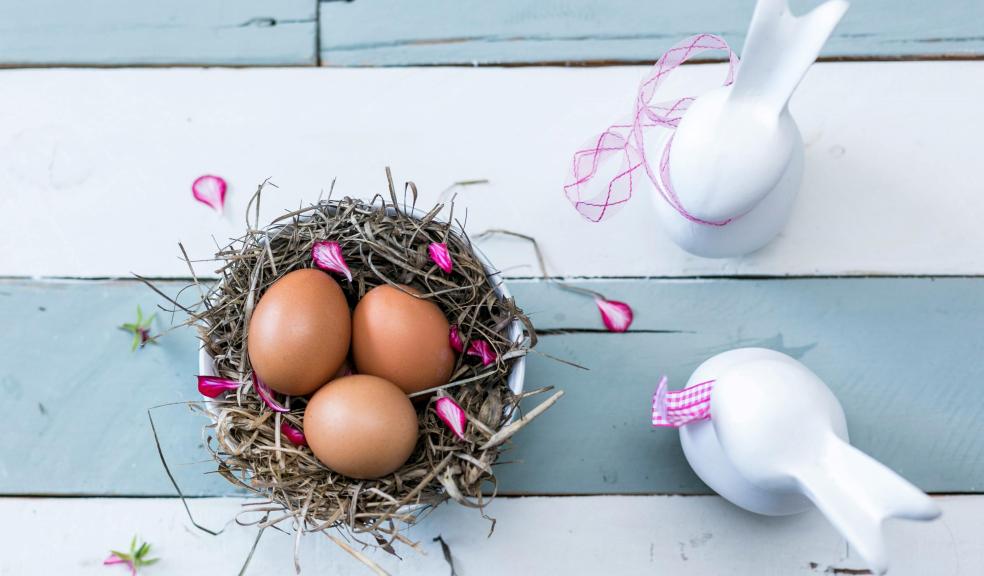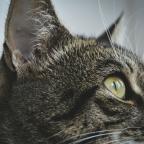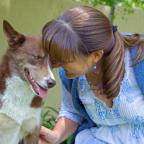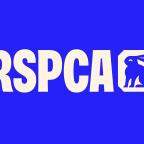
How to keep your dogs safe this Easter, from avoiding Chocolate to Roast dinners
With Easter fast approaching, many of us will spend time with loved ones, indulge in chocolate and enjoy Springtime activities. However, this can be a particularly dangerous time for pets, and owners must be cautious as it poses a risk to their health and well-being, even from unexpected sources.
If you're unsure how to keep your pets safe this Easter, here are 5 tips recommended by Veterinary Surgeon Dr Linda:
1. Keep dogs indoors or on a lead during Easter egg hunts:
Whilst you should encourage dogs to run and play in the garden, an Easter egg hunt is one garden activity we should ensure they sit out on. Making sure your dog doesn't have access to chocolate eggs is very important.
Chocolate is poisonous for dogs, as it contains theobromine and caffeine, two stimulants that dogs cannot efficiently metabolise, so ingesting even a small amount can make them quite unwell. As we know, dogs have an incredible sense of smell, so it wouldn't take them long to sniff out any hidden chocolate, most likely beating the kids to it.
Once your Easter egg hunt is over, it is a good idea to double-check your garden for any forgotten chocolate before you allow your dog to freely roam the garden unsupervised.
2. In the unfortunate event that your dog ingests some chocolate:
It's important to take them to your veterinary clinic, where they will advise and act upon the next steps. If you want to involve your dog in the Easter games, then hide some of your dog's favourite treats around the garden once the chocolate hunt is over and let them sniff them out. Not only is this one way to stop them from feeling left out, but it is a great source of mental stimulation that can help control stress and curb unwanted behaviours.
3. Avoid sharing your roast dinner:
Sharing Easter feasts with our furry friends can be tempting, but this may be doing more harm than good. A traditional UK roast dinner includes chicken, stuffing, gravy, veggies, and Yorkshire puddings - but some of these ingredients can make your pooch quite sick.
While lean chicken meat is absolutely fine to give to our dogs, we need to be cautious of offering too much skin as chicken skin is high in fat, causing pancreatitis in susceptible dogs. Stuffing is generally a 'no-no' for dogs as it contains onion and garlic. If eaten in large quantities, these allium plants can cause red blood cells to break down and can cause anaemia.
Some gravies may be safe, but richer gravies with butter or meat fat are too high in fat and salt and can cause stomach upsets and pancreatitis. Overall, Veggies are the safest option if you want to share, but avoid those cooked in fat or butter. Boiled carrots, parsnips, sprouts, and potatoes are good choices.
4. Supervise your children at all times:
Like all animals, dogs have instincts, and they can kick in at any time, which is why we always recommend never leaving children and dogs alone. Even if you think your dog is good with children, there is still cause to remain vigilant when they are together, even more so around high-energy holidays such as Easter.
With the increased excitement and the likely consumption of more sugar than they are generally used to, children can get a little bit hyper, and in turn, they might find pestering the dog a new form of entertainment. Whether it is getting in the face and smothering them with kisses, or pulling at their tails or ears, like humans, dogs will only withstand so much before they react. So, to avoid unnecessary situations, it is a good idea to keep an eye on how your children interact with your dog.
5. Avoid your dog getting access to your rubbish bins:
Dogs' super-sensitive sense of smell makes them great at finding food, even in the rubbish bin. To prevent potentially dangerous incidents, store your bin out of reach or weigh down the lid when your dog is around.
Easter adds to the risk of food scraps, wrappers, and packaging that could cause blockages or internal damage if ingested. Items such as chicken bones can splinter when consumed. They can cause serious internal damage, and ingestion of wrappers and other non-food items can cause blockages and other issues that could lead to your dog requiring surgery. So for your sanity and your dogs' safety, ensuring they do not have access to your bins is advised! Avoid the hassle and keep your dog safe by restricting access to your bins.







